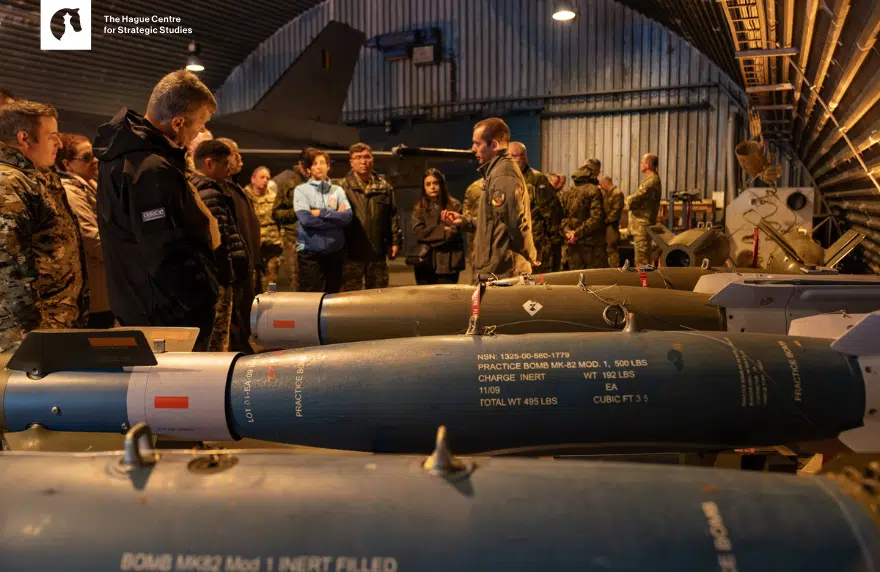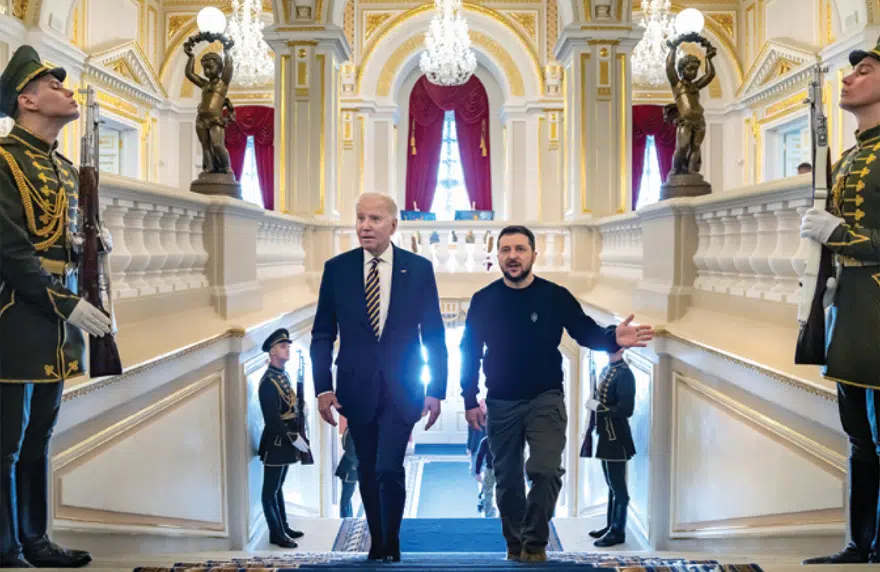Research
Increasing violence by revisionist regimes, like China and Russia, is breaking the current arms control regime. In this paper John D. Maurer (Air University) argues that for Europe today, then, the single most important contribution to the future of arms control is to choose to compete. European countries can best respond by leaning into military technical competition in the short term to produce better arms control results over the longer term.
Effective military-technical competition serves to reinforce deterrence as a prerequisite to negotiations; incentivise adversaries to negotiate seriously and make meaningful concessions; and compel rivals to abide by agreements once concluded. Putin’s overreach in Ukraine has provided an opportunity to have more honest conversations about the predatory behaviour of revisionist regimes. European countries should consider how they can best stand with other law-abiding nations around the world to compete more effectively in military technology and structure future negotiations with an eye towards restraining violent revisionist challenges.
Author: John D. Maurer is a professor at the School of Advanced Air and Space Studies at Air University and a non-resident fellow at the American Enterprise Institute. The views expressed are those of the author and do not reflect the official policy or position of the Air Force, Department of Defense, or the U.S. government.
This paper is part of HCSS programme on Strategic Stability: Deterrence and Arm Control.
The Strategic Stability: Deterrence and Arm Control paper series is edited by Paul van Hooft and Tim Sweijs.
Cover image:
Cover photo: LA(phot) Mez Merrill/ UK MOD





